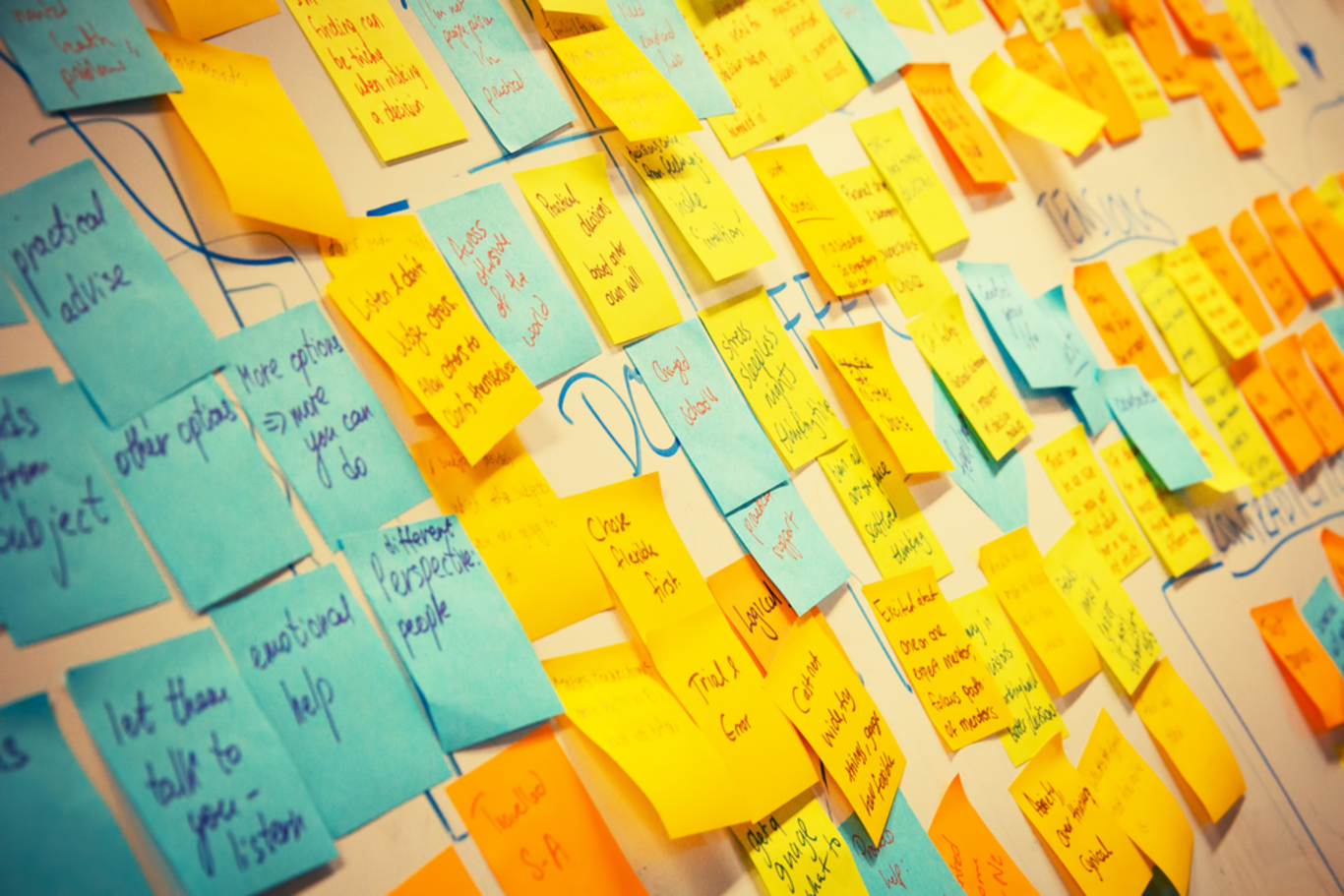How to manage a to-do list... so that you actually get stuff done
Most people don’t multitask – they ‘task-switch’.
MANAGING YOUR TO-DO list is always a challenge.
You have to remember what needs to be done, prioritise it and then re-prioritise it daily. Staying in control, on-time, on-target and on-track is testing for everyone.
Understanding how to prioritise and plan your work will help improve your performance. Here’s how to do it:
‘Download’ the things you need to do
If you use your mind for storing all the things you need – or want – to do, you are minimising its potential for creative or strategic thinking.
Start by getting it all out of your head. Get a notebook and dump all your tasks and chores onto paper.
Only when it is out of your head can you organise and prioritise it. Spend some time each week ‘downloading’ all of the things you need to do.
Learn when to say no
When you have captured all the work you need to do, assess each task and think about whether they’re going to get you closer to your goals. What’s the use of working hard each day if you are not working towards something meaningful?
Spend some time thinking clearly about where you are going. When you have this clarity it will be easier to say no to the things that won’t help you reach your goals.
Decide what’s priority
In our distracted and busy world, it seems like we all have too much to do. And get this: most of us will never get it all done. The reason for this is not that we are not hard working or productive. The reason is that we have too many ‘priorities’.
In Greg McKeown’s book Essentialism, he explains that word priority appeared in the English language in the 1400s. It’s meaning: very first or prior things. It only became pluralised in the 1900s.
This irrational change in meaning led us to believe we can have multiple priorities, and multiple priorities is a recipe for disaster. Your priority is your number one goal; ideally we should focus on that task until it is done.
Say goodbye to multitasking
Granted there will be times in work and life where your focus is divided, where more than one thing requires your attention. It’s up to you to make sure that what is pulling you away from your number one focus merits your time and attention.
Know that every time your focus is disturbed, every time you change from one task to the next, it can take up to 15 minutes to regain the same level of focus that you had.
Another urban myth is that human beings can multitask, and with this belief we again split our focus and get even less done. The only time we can multitask is when one task has become automated, like ironing while watching Netflix.
When it comes to work, what we do is called task switching – moving quickly between tasks or from one task to the next. Task switching takes time and is not the most efficient use of our time.
Plan time for your work
Now you know your number one priority and you have captured all the other stuff you need to get done, what’s next? You need to decide when you are going to do it.
Open your calendar. The calendar is the number one tool for beating procrastination. What gets scheduled gets done, or at least it doesn’t fall off the radar.
When the work that you need to do gets scheduled into your calendar, you get a visual representation of your time, your responsibilities and your capacity.
By planning your time with your calendar you are empowered to make better decisions about how to spend your time.
Choose your tools
To support the calendar’s work, you will need a task manager. Task management is the to-do list 2.0.
Using a task management tool allows you to categorise the work you need to do. Taking your tasks and separating them into different projects or mini lists helps you to manage and organise your workload better.
Storing together all the tasks relating to a certain job allows you to avoid worrying about these incomplete tasks until you’re working on that project.
If you have time scheduled for this area of work in your calendar, you can then open the task list that has all of the individual tasks captured. This method ensures that your brain no longer has to carry around incomplete tasks in your short-term memory.
Create the habits of success
Most of the things that make us productive are not one-off actions; they are the repeated actions that keep up organised, stress free and in control of our workload.
Creating time each week to ‘download’ your thoughts, to organise your work and to plan your week ahead are the habits that will make you stand out from the crowd.
These are the things that will improve your performance and also impact your happiness and wellbeing.
Ciara Conlon is a productivity coach and motivational speaker. She will host a productivity workshop on 9 March.






